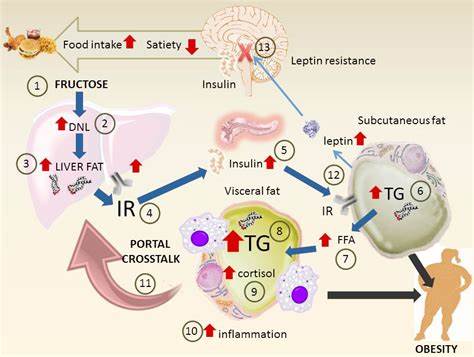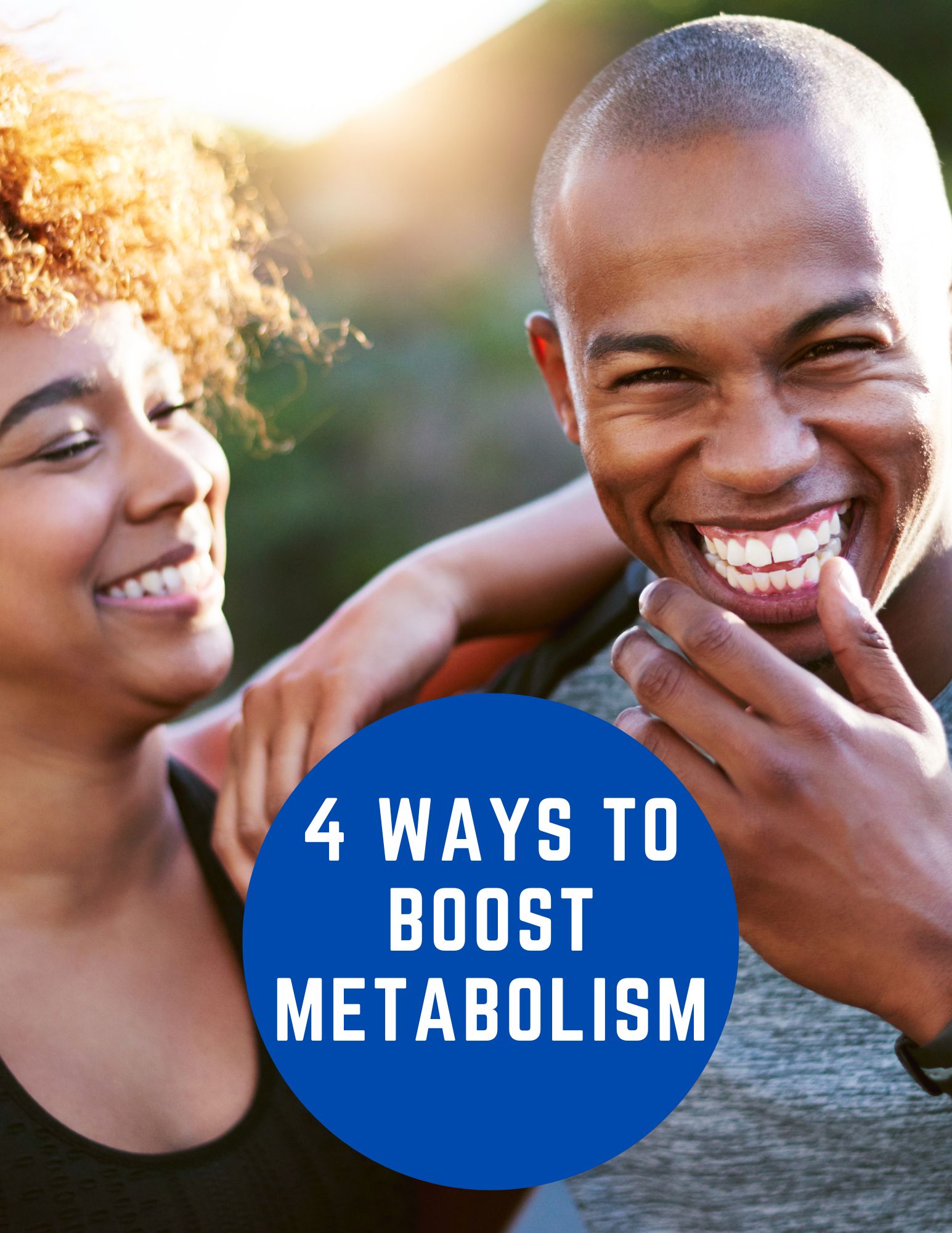A hallmark of PCOS is insulin resistance. All women with PCOS have some degree of insulin resistance, and some have a lot of resistance. Some studies indicate up to 80% of women who are overweight with PCOS have insulin resistance, while 20% of lean PCOS women have it.
If you lower your insulin resistance, you also lower your inflammation and improve your gut health. You want your blood sugar to remain steady during the day, not erratic. High blood sugar spikes followed by dramatic drops lead to headaches, fatigue, dizzy spells, and sometimes binge eating to deal with the erratic hormone levels.
Let’s talk about balancing blood sugar and insulin resistance.
Blood Sugar and Insulin
Blood sugar levels refer to the amount of glucose in your blood. When we eat food, the carbohydrates are broken down, and glucose is released into the bloodstream. The pancreas then releases insulin which is the key to telling the cells to open the door and allow glucose into the cell.
The cells then use glucose for energy. The blood glucose levels then return to the normal range.
But insulin resistance is different.
What happens when your blood sugar is too high?
Excess sugar, genetics, poor sleep, lack of activity, and toxins lead to insulin being unable to open and shut the door with the key. Because it is being told to open the door over and over and becomes “resistant” to the signal. The pancreas then releases more insulin to open the door (hyperinsulinemia). Causing more resistance to open the door, and a vicious cycle occurs.
Excess insulin and blood glucose will wreak havoc on various body organs, leading to prediabetes and, ultimately, to Diabetes. Women with PCOS are two to 10 times more likely to get Diabetes than women without PCOS.
Do you want to find out if insulin resistance is driving your PCOS symptoms? Take my Free quiz.
What causes Insulin resistance?
No one knows what exactly causes insulin resistance in women with PCOS. It may be genetics or a faulty insulin receptor. The link is not clear yet.
While we do not know what causes it, there are risks factors for insulin resistance, including:
- PCOS
- Diabetes
- High stress
- Medications like steroids
- Sedentary lifestyle
- Obesity
- Pregnancy and gestational diabetes
Insulin resistance and PCOS

Makes Carb Cravings Worse
Higher leptin levels cause more cravings. Some studies indicate this is even more dramatic in women with anxiety or depression or even PMS. Those women have higher leptin levels leading to uncontrolled eating behaviors, especially right before their periods.
Makes it difficult to lose weight.
Insulin resistance causes more glucose to remain in the blood. If that glucose is not brought into the cells, it can be converted into fat. The fat is usually deposited in the truncal region or mid-belly. That fat stimulates a hormone called leptin which causes more insulin resistance. Obesity can make insulin resistance worse through this mechanism.
Higher Chance of Diabetes
If left unchecked, there is a high chance you will develop Diabetes in your lifetime. About 40% of women with PCOS will develop diabetes by age 40. This statistic is higher in women with chronic insulin resistance. If the body no longer uses insulin effectively and continues to release more and more, eventually, the pancreas becomes unable to release insulin, and you develop diabetes. And then, you will require medication to manage your blood sugar. Diabetes is associated with chronic diseases such as heart, heart attacks, strokes, kidney disease, and vision problems.
Skin Disorders
Most women know that acne is the number one skin condition associated with PCOS. And not just acne, but cystic, painful acne usually located on the jaw or chin. Sometimes the back. This type of deep acne rarely responds to traditional over-the-counter solutions. But did you know there are also other skin conditions associated with PCOS? Such as skin tags, and acanthosis nigricans, which are velvety dark patches on the neck. And also, skin tags are commonly found on the neck or in the creases of the thighs. PCOS is also associated with the rare disease, hidradenitis supportiva.
Irregular cycles and Infertility
Insulin resistance leads to higher androgens which inhibit ovulation and causes hirsutism (unwanted hair growth). Insulin resistance also leads to fewer SHBG proteins, making even higher levels of androgens. And an imbalance in testosterone and estrogen ratio will cause an irregular cycle and infertility due to not ovulating.
What to do next?
In the next blog post in this series, I will discuss how to know if you have insulin resistance and what to do about it.



